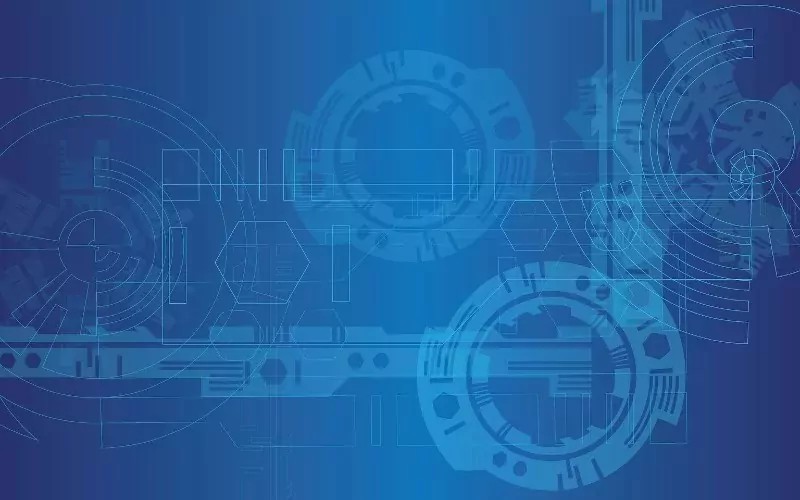The importance of email security among European cybersecurity leaders is often underestimated. Recent assessments highlight a worrying trend of inadequate email authentication.
Despite being at the forefront of cybersecurity innovation, many industry experts are neglecting fundamental email protection measures, significantly exposing themselves to potential threats.
A staggering 74 per cent of cybersecurity leaders are overlooking essential email authentication protocols, leaving their brands vulnerable. This neglect is particularly evident at Infosecurity Europe, a major industry event.
DMARC (Domain-based Message Authentication, Reporting & Conformance) stands as a crucial barrier against phishing attacks, yet its adoption remains surprisingly low within the sector.
Neglecting DMARC implementation can have dire consequences. With 91 per cent of cyber-attacks originating from email impersonation, this oversight can lead to significant brand damage and financial loss.
Rahul Powar, CEO of Red Sift, compares the situation to discovering a hero who believes in outdated myths. The lack of action calls for urgent reassessment among security firms.
Powar’s comments underline the industry’s reluctance to adopt universally recognised security measures. The current scenario is a solemn reminder of the necessity for internal cybersecurity reforms.
DMARC is celebrated by national security centres as the most effective safeguard against email spoofing. This protocol verifies email senders, thus preventing fraudulent activities.
Despite its proven effectiveness, DMARC’s implementation is far from universal in Europe. This gap is alarming, given the growing sophistication of impersonation attacks.
The adoption rate remains low due to perceived complexity and a lack of awareness among cybersecurity firms, ironically the same firms preaching best practices.
Red Sift’s presence at Infosec 2018 is a proactive attempt to increase DMARC awareness. By educating firms, they aim to inspire more comprehensive protective measures against email threats.
Their mission is vital, given the current state of email security among Europe’s cybersecurity firms. Increased knowledge about email authentication can mitigate risks significantly.
Globally, the adoption of DMARC is notably slow, despite its clear benefits. This indicates a widespread need for improved email security protocols.
While Europe is a leader in many cybersecurity areas, this particular vulnerability shows there is still room for improvement. Embracing robust email authentication is essential.
Moving forward, it is imperative for cybersecurity leaders to integrate DMARC into their standard protocols. Doing so will enhance resilience against impersonation attacks.
The integration process may seem daunting but is crucial for maintaining trust and ensuring comprehensive protection.
In light of these revelations, a strategic pivot towards better email security is non-negotiable.
The time to act is now. For European cybersecurity defenders, adopting DMARC will not only safeguard their brands but also maintain their reputations as industry leaders.
Email security cannot be an afterthought in cybersecurity strategies. Leaders must ensure foundational protocols like DMARC are embraced to protect against emerging threats.
Maintaining robust email defences is critical for safeguarding reputations and upholding industry leadership.

